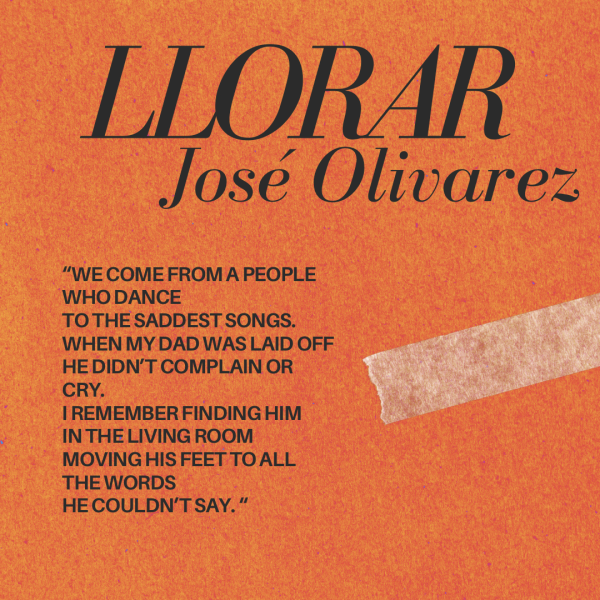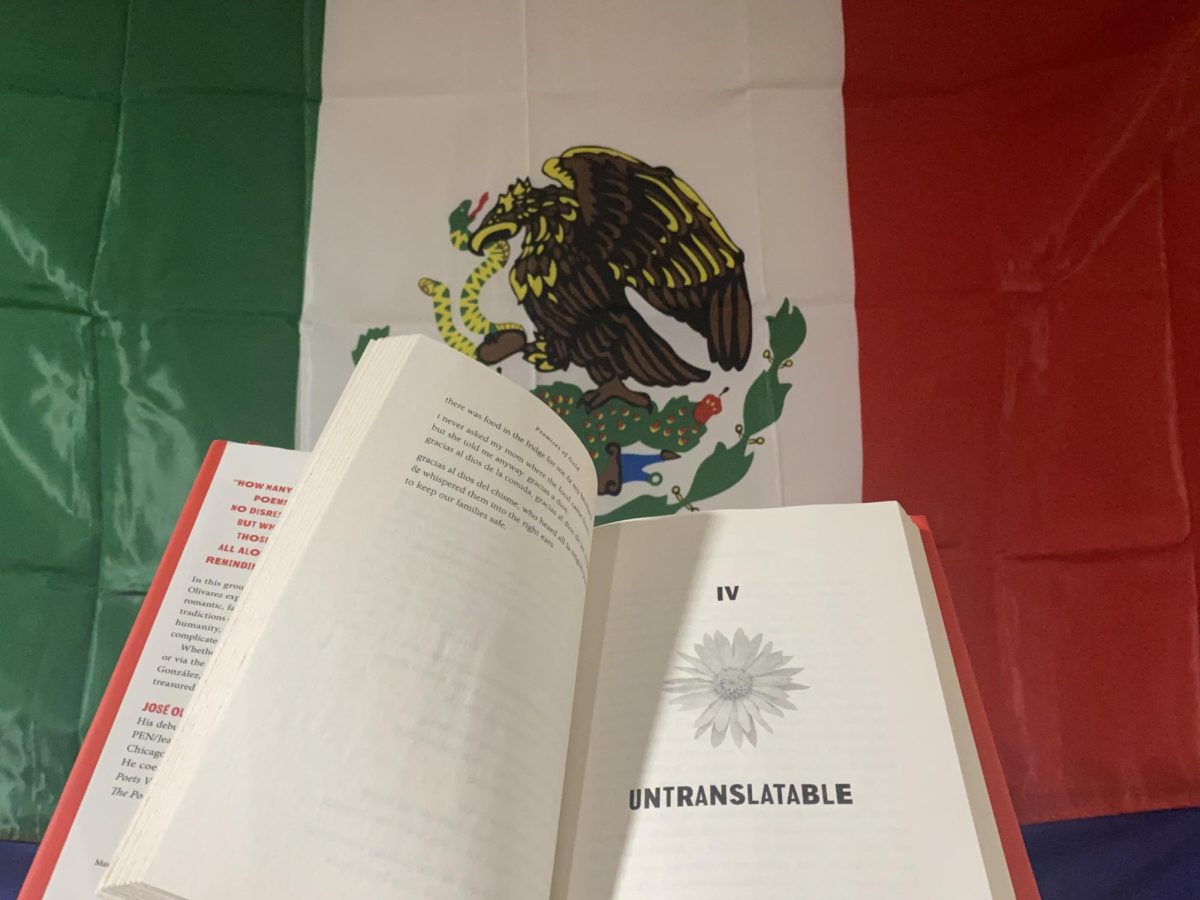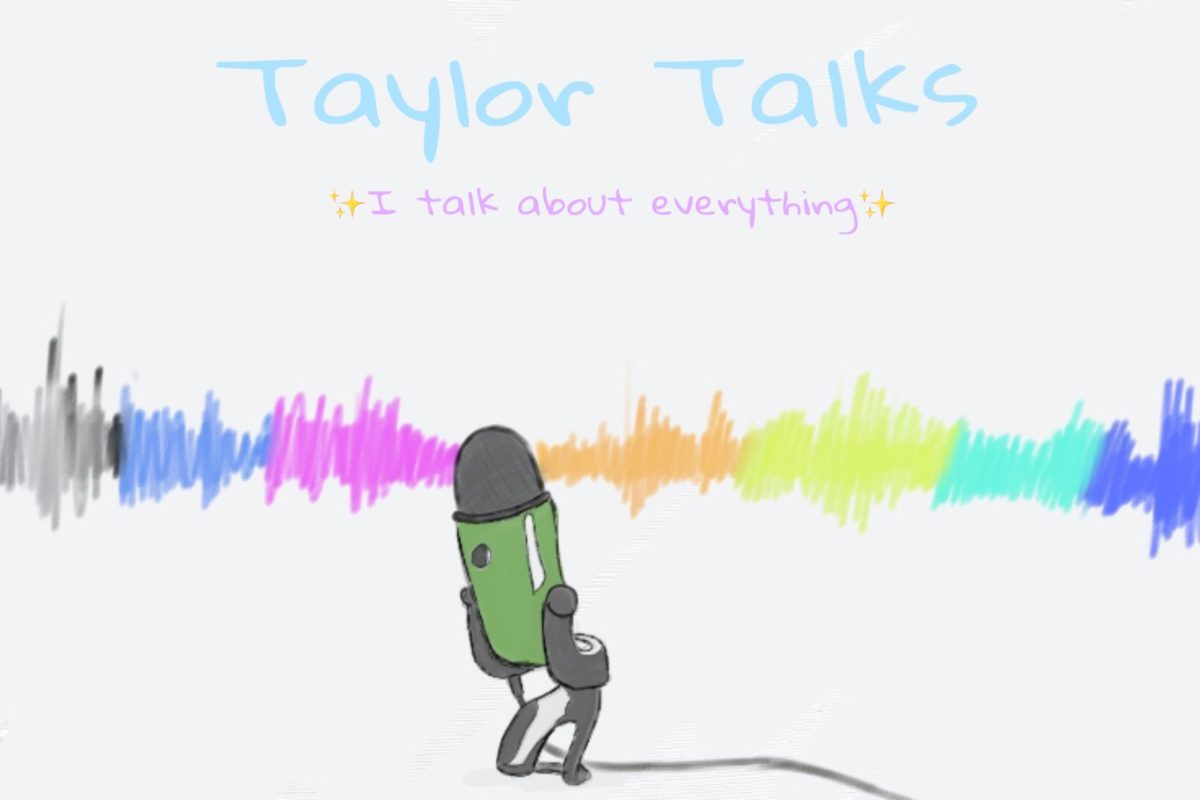Beginning September 15 and ending October 15, Hispanic people across America celebrate their historical upbringings and cultural backgrounds. Whether they celebrate their cultures by listening to their favorite trap corrido tracks or hosting family reunions with relatives cooking pupusas or birria, Hispanic Americans take pride in where they come from. As second-generation children and young adults find their identities in America, several of them turn to libraries or bookstores to search for relatable stories. The Chant would like to celebrate unique storytelling with this list of books by Hispanic authors.
Several Hispanic students within NC and across American schools have heard about the traumatic journeys that loved ones experienced to arrive in America. From crossing rivers to walking across deserts, parents and relatives endured brutality to provide their families with better opportunities. Zamora’s memoir about his migration remains fascinating not only because he immigrated from El Salvador at the age of 9, but because he traveled without any parents or relatives. Before Zamora turned five years old, his parents fled the country to America due to violence and poor financial status stemming from the U.S.-funded Salvadoran Civil War. After his parents consistently told Zamora they would reunite once again, he would travel alone amid a group of strangers and a coyote that would lead them to the promised land.
Zamora wrote “Solito” in vivid detail and focused on the three-thousand-mile journey he endured, traveling from El Salvador to Guatemala and Mexico. Zamora has written about his migration before in his debut poetry collection “Unaccompanied”, where he pays tribute to the unforgettable journey and the people he crossed through poems such as “Second Attempt Crossing”. He once again wrote about his nine-week journey to honor immigrants and hoped that this book would help him reunite with the people he trekked with. Told with beautiful prose and heartbreaking storytelling, “Solito” stands out as a bestseller that showcases humanity and will make people feel empathy for the immigrants who cross U.S. borders on a daily basis.
“Promises of Gold” by José Olivarez

Longlisted for the 2023 National Book Award, Olivarez explores love and heartbreak in his eclectic poetry collection. Ranging from short poems that discuss vulnerability to pages where he criticizes capitalism and colonialism, the Chicago-based poet refuses to hold back on his opinions. As the poet intertwines various lines with humor, he also outlines the sadness that overwhelms Mexicans whenever they drink or reminisce about their immigration. For example, “Poem Where No One Is Deported” explores a miraculous moment when immigrant officers raided his mother’s workplace; due to the rumors of an immigration raid, nobody appeared at work that day. Even though various people tend to stray away from poetry, Olivarez’s work remains accessible to anyone and will become a quick read for English speakers. For bilingual and native speakers, Olivarez also provided Spanish translations within the book.
“It is a great representation of what we Hispanics go through. It is a true testament of it and a book that everyone should read, not only to reflect on one’s own culture but for outsiders to get an authentic taste of a foreign one,” McEachern High School senior Jose Ramirez said.
“We Are Not From Here” by Jenny Torres Sanchez
Told through heartbreaking writing and unforgettable characters, this young adult (YA) novel follows the traumatic journeys of three teenagers as they trek from Guatemala to Mexico. After the protagonists witness a murder and realize that they might die next, they make the difficult decision to abandon their homes and migrate to a safer country. With their minds centralized on refuge in America, the teenagers migrate together and face numerous challenges along the way.
Although Sanchez fictionalized the characters, this story reflects the real dangers Central American immigrants encounter when trekking across deserts and seeking transportation. In the novel, the protagonists travel aboard “La Bestia”—a freight train that migrants use to arrive at the U.S. border if they cannot afford smugglers or bus tickets. Several people who use “La Bestia” find themselves either eternally traumatized or amputated as people tend to fall off the train. As Sanchez writes about harrowing methods of migration through the perspective of teenagers, she crafts a heart-wrenching novel where death lingers at every turn.
“The Poet X” by Elizabeth Acevedo
Ranked as one of the best YA books of all time, “The Poet X” follows the Dominican-American poet Xiomara Batista. As her mother indoctrinates her with Catholicism and constantly criticizes her, the book explores how immigrant parents typically interact with their children. Due to Xiomara continuously feeling imprisoned by her mother’s strict rules and harsh parenting, she decides to express her emotions through eloquently relatable poetry. Acevedo wrote the book utilizing free-verse poetry, and since its release in 2018, it has stood out as an essential read for teenagers with immigrant parents.
“What I took from ‘The Poet X’ is that it’s important to understand that your feelings are valid even in an immigrant household where one may feel that they owe something to their parents. This book is really powerful especially if you’re an immigrant or the child of immigrants or even if you’re outside of the Hispanic-immigrant scope. For kids like me, they’ll understand that they’re not alone because this narrative isn’t that unique, sadly enough. And for everyone else they can get some insight into the darker sides of the culture,” Marietta High School senior Esdras Nava said.
From memoirs that chronicle harrowing migration stories to poetry collections that discuss traditions and trauma, Hispanic-American authors continue to inspire readers across the country. Second-generation teenagers try their best to comprehend the difficult lives that their parents left behind; other Hispanic teenagers struggle with their parental relationships. As Hispanic authors curate bestsellers and tell their stories, Hispanic Americans continue to feel seen because of their writing.
















